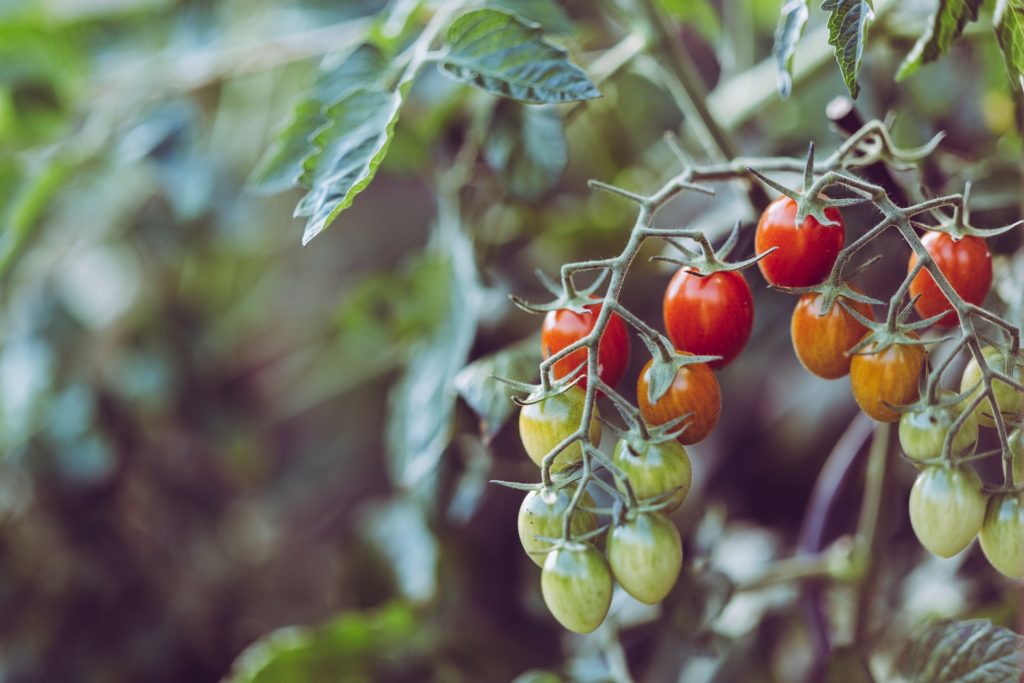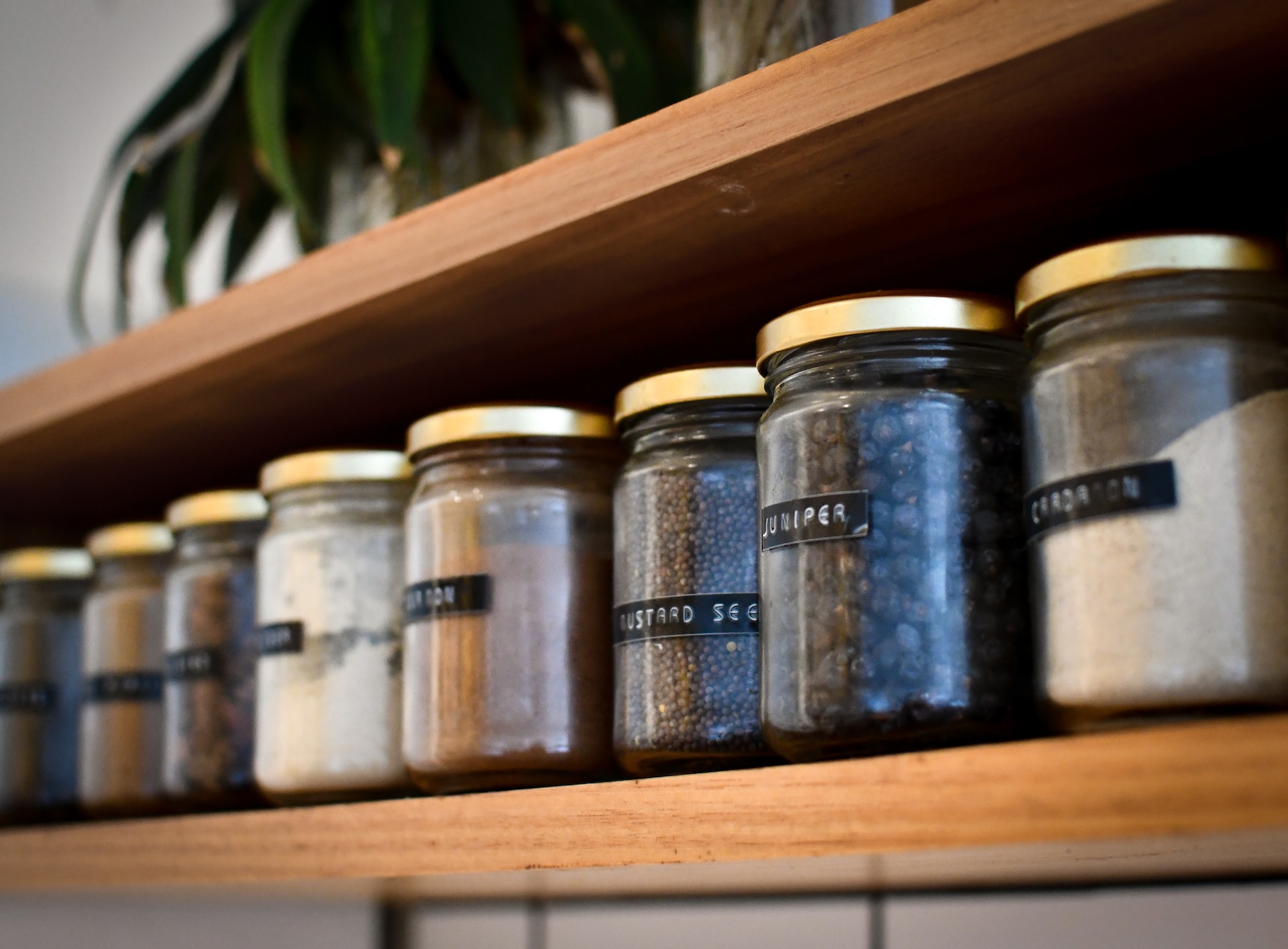Going zero waste is an ambitious project, and one that can seem overwhelming at first. However, the zero waste movement is growing rapidly and there are endless resources to help you get started on your own zero waste journey (including this guide!).
Zero waste living is a lifestyle that aims to eliminate your trash by reducing your waste as much as possible and reusing or recycling everything else. It’s not about being perfect or flawless but instead working towards reducing our footprint and learning more about how we can protect our planet for future generations.
Being a conscious consumer and altering your habits in order to reduce your impact on the environment doesn’t have to be daunting! By following these steps in our beginners guide to a zero waste lifestyle, you can easily transition from some of your disposable products to reusable and compostable versions.
Get Rid of Single-Use Products
The first step to a zero waste lifestyle is to get rid of single-use products that you don’t need. Start by replacing items such as paper towels, takeaway coffee cups, plastic cutlery, plastic water bottles, and any other disposable items you use on a regular basis. Instead, invest in reusable and long-lasting items that can be repurposed or used for multiple purposes. Check out our list of zero waste swaps to if you need a buyers guide!
You can find reusable alternatives for almost anything. For food, you can use reusable containers for leftovers instead of disposable packaging, or buy bulk food and bring your own containers. When shopping, you can also choose to bring your own reusable bags and refuse single-use plastic bags. When it comes to cleaning, instead of buying cleaning products that come in plastic bottles, you can make your own or buy refillable ones that come in reusable containers.
Use Up What You Already Have
One of the best ways to cut back on the amount of waste you generate is to simply use up what you already have. When you add new items to your home, be sure to purchase items that are multi-functional and can be repurposed or used longer than their suggested use.
According to FareShare, 2 million tonnes of good-to-eat food is thrown out every year in the UK. This equates to 1.3bn meals – enough to feed everyone in food poverty for half the year.
FareShare – charitable food redistributors
This is a huge amount of money being thrown away that can easily be reduced by simply using up what you already have before buying new items. You could even try propagating your fruit and veg to start eating your own supply!

Reduce and Reuse
Once you’ve gotten rid of single-use products and used up what you already have, it’s time to move onto reducing the amount of waste you produce and finding ways to reuse items you would normally throw away. A great way to start reducing your waste is to meal plan and make a shopping list before doing your regular food shop.
By having a clear idea of what you need and what you already have in your home, you’ll be less likely to purchase items you don’t need. You can also reduce the amount of waste you produce by making sure you’re purchasing things using compostable packaging if possible.
When buying things like laundry detergent or cleaning products, look for the ones in the least amount of plastic packaging. When it comes to reusable items, make sure they are in good condition and reusable for as long as possible. If something is broken or worn out, it’s best to replace it with a new version as opposed to constantly repairing it. However, if an item is repairable, such as a pair of shoes, it’s best to repair them to ensure they last as long as possible.
Diversify Your Waste Stream
Diversifying your waste stream is a key step in reducing your overall waste. A waste stream is the different types of waste you produce, and how you manage that waste can impact how it is processed and where it ends up. When it comes to waste, you don’t just have to think about what you’re throwing away in your garbage can, but also what you’re putting in your compost, what you’re flushing down the toilet, and what you’re throwing in your recycling bin.
When it comes to the toilet, you can reduce the amount of waste you produce by flushing less and composting more. To compost, you can collect your food waste in a compost bin and use that compost in your garden, or you can purchase a composting toilet. When it comes to recycling, you should be aware that each area has different criteria in the UK.
Start Composting
If you aren’t already composting, it’s the perfect time to start! Composting is a natural process that recycles organic material such as food scraps, leaves, paper, animal manure, and even broken-down cardboard or paper towels. Composting is a great way to reduce your waste and enrich your garden soil without putting it in the landfill. Additionally, composting can help you save on fertilizer as opposed to buying bags from the store.
How to start composting
There are many ways to compost, but the basic process is to collect your organic material, mix it with an equal amount of brown materials such as soil or shredded paper, keep the compost in a consistent temperature to break down, and then use it in your garden. When you compost, you can use a composting bin or build a compost pile.
When composting in a bin, make sure it has holes in the bottom so moisture can escape. When composting in a pile, make sure it’s well aerated to allow for consistent decomposition. When you begin composting, you may notice some worms in your compost. This is normal and they are actually beneficial because they help break down your organic material.
Top Tip! Biodegradable vs Compostable
Something being biodegradable is not the same as being compostable! Products that are listed as biodegradable may still need an industrial environment and therefore are not suitable for disposal at home.
Keep Learning
The zero waste journey isn’t a destination or a single moment, but a lifelong journey to reduce your waste and protect our planet. To remain conscious, it’s important to stay educated and be aware of the latest news and trends in the industry. You can do this by following eco-friendly brands on social media, reading blogs, following environmental advocates on social media, or reading articles in your favourite magazines.
Get to know the 5 R’s of zero waste to help you better understand how a zero waste lifestyle works.
Don’t let the idea of going zero waste deter you from beginning your journey. It doesn’t happen overnight, but is a gradual process that happens over time with small adjustments. You don’t need to complete all of these steps at once, but you can start with one or two things you can easily change in your daily routine.






